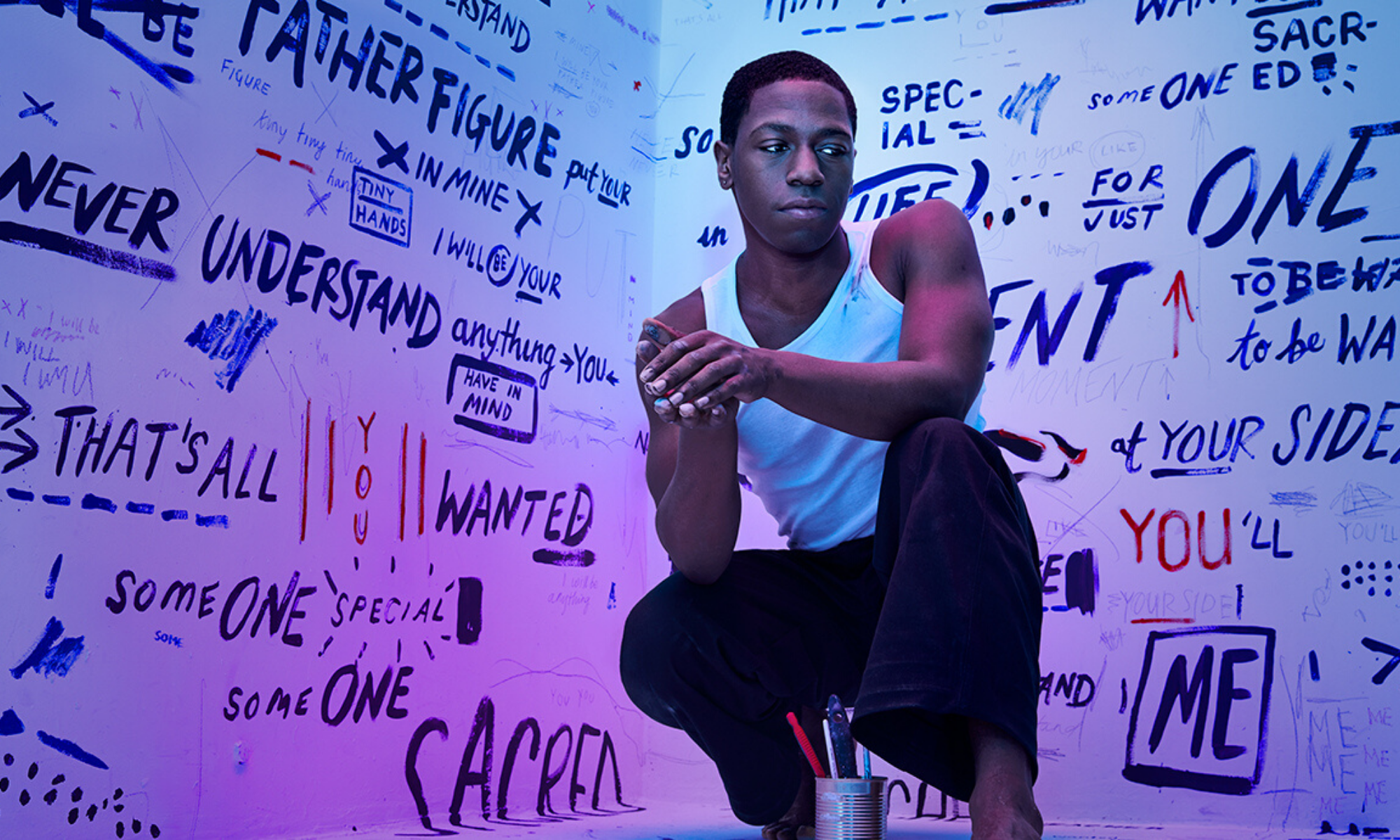All the world’s a stage,
And all the men and women merely players;
They have their exits and their entrances,
And one man in his time plays many parts,
William Shakespeare, As you Like It Act II, Scene VII
Lockdown was difficult for almost everyone but ‘needs must’. Those with greatest proximity to our healthcare system, who experienced debilitating poor health or devastating loss; those either in vulnerable population groups, or shielding a loved one vulnerable to the most virulent strains of COVID-19, lived for months with additional emotional stress and worry, as well as the upheaval to social systems felt by all. We isolated – in plain sight of a webcam, with ‘WFH’, banana bread, and home schooling, the new universal, in our shrunken universes.
With more time for reflection than many of us would ever have asked for, there arose a number of teachable moments, a series of insights into self. For example, acknowledgement of each pang of grief for those things that we lost access to; evinced numerous silent or whispered pledges to various spirits in numerous personal skies, to ‘never take for granted again’ the *classroom, office, lecture theatre, stadium, nightclub, cinema, church, airport, dancefloor, or proscenium arch (* delete as appropriate).
A phenomenon that I first noted while studying in a provincial city became more significant over the past couple of years. For me, Tuesday nights in Oxford were always dire because there was nothing fun to do. Anywhere. Within the Ring Road, the clubs and bars (note my undergraduate definition of ‘fun’) seemed to collude in giving their various staff teams the night off. I was always 36 hours from the next essay crisis, why did I find it so hard to just read a book? I’d often be blissfully slumped in front of the latest episode of This Life, or My So Called Life, studiously avoiding thinking about getting a life, on a Wednesday or Thursday evening, rather than out dancing to the prevailing euro-synth-pop at the sticky carpet, £1-a-pint student night. Why? It turns out that choice matters and perspective is all.
Solo mountaineer, Jenn Drummond sums it up
“Loneliness is happening to me,” Ms. Drummond, 41, said. “Solitude is happening for me. That little shift makes the biggest difference.”
Jenn Drummond, quoted in the New York Times article, You Can Learn to Love Being Alone, By Holly Burns
Feb. 24, 2022
I admit to being the kind of person who feels the loss of that which is denied more than that which he chooses not to access. I am the kind of person that I take issue with on a regular basis, who wants there to be more choices of activity aimed at Black queer men, for example, but who rarely, if ever, gets off the sofa to attend the event that someone has, in response to my encouragement, sweat blood, and cried real tears to bring into existence . . .(but, I digress)
. . . ‘never taken for granted, again’
Mea culpa, but I repent, and as evidence of my contrition, will be enthusiastically taking up opportunities to enjoy shared artistic and cultural experiences as they arise. The theatre is high on my list. I really had taken for granted the ten or so times a year I made it to see a show. Oddly, I had never identified as a ‘theatre-goer’ despite the frequency of visits to see on-stage performances – another of the insights-into-self provided by a global pandemic.



Fortunately, the easing of COVID-19 restrictions has coincided with a new wave of theatrical outpourings from Black writers. Whether this is the BLM dividend, evidence of longer term change, or late recognition of Black talent from a theatre sector that has simply run out of excuses, I welcome the change.
Let’s go to the theatre
BLKOUTHUB members are invited to meet up at a couple of shows in late March/early April. We’ve arranged discounted tickets where possible so that the costs don’t become too prohibitive for anyone.
Thu 24 March

“…an attempt to find clarity in what can never truly be answered.”
Tuesday 5 April

“I will be your preacher, teacher
Anything you have in mind
I will be your father figure”
Two performances that the virus ‘stole’ from me are returning – so thankfully it seems we’ll get a second chance.

3 MAY-11 JUN
31 MARCH-30 APR

We’re here for more forms of expression from, and dialogue among, Black men in the UK and beyond that theatre can enable. We hope that this is a the start of a shift that lasts longer than a social media trend. The appointment of more Black leaders in theatres, and the coming to fruition of the serious groundwork, created against the odds by Black theatre-makers over the past three quarters of a century, augur well.

Find out more about the history of Black theatre in the UK via the Black Plays Archive or via the That Black Theatre Podcast

The next couple of seasons will provide the acid test – there is a chance to finally embed a cultural shift into theatres across the capital, and nations of the UK, to better reflect the population of the country. It will require Black people making more entrances than exits, and a greater intentionality about the impact of the work. We have to do more than simply leave to trust that an increase in the number and range of voices making theatre, will create novel routes for dialogue, representation, visibility, and new imaginings. Old patterns have a disconcerting way of reasserting themselves, especially when power is perceived as shifting in favour of the currently marginalised. As in the crucial distinction between solitude and loneliness, our success as a society is dependent on the agency we can express in bringing our experiences and voices to the table – theatre can be extractive or enriching, when all the world’s a stage, who gets to be a player matters.



Leave a Reply